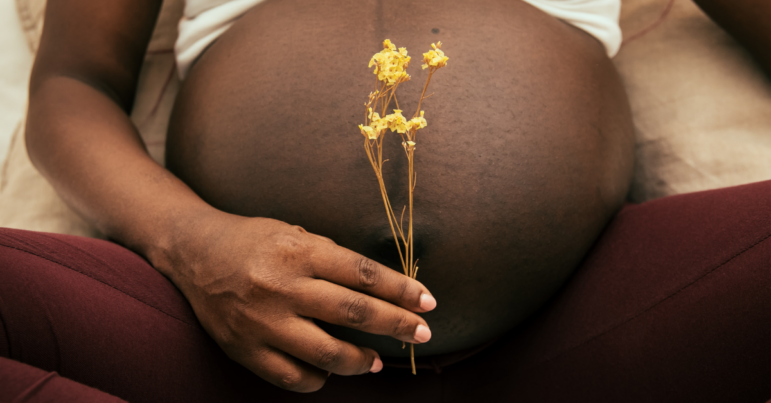For Black History Month, we’re covering issues in health equity and ways that the medical field is turning inwards to address them. Up next: maternal and child health.
The dark origins of obstetrics and gynecology
James Marion Sims was one the most famous surgeons of the 19th century and is recognized as the father of modern gynecology. He pioneered the technique to fix vesicovaginal fistulas, which were a common and severe complication of pregnancy at the time. He invented the modern speculum and the Sims position for examinations. In 1855 he founded the Women’s Hospital, the first hospital for women in the United States.
He practiced and developed these techniques on enslaved women.
The women Sims’ experimented on were never given anesthetics, which were in fact available. As a slaveowner himself, he understood the capital generated by enslaved workers as well as the financial benefits of high rates of reproduction. For many years, his experiments were unsuccessful and his patients went through agony. Once he perfected his techniques, he took them to white women experiencing gynecological problems–alongside anesthetics.
Today, Sims has a complicated legacy. Monuments to him stand tall across the country, though some are beginning to come down after public outcry. As the medical field grapples with the exploitative nature of the emergence of gynecology, it must also reckon with the consequences of structural racism still present in the modern-day system.
Black moms matter
The United States has a maternal mortality crisis, and its compounded by systemic racism. The CDC estimates that 80% of pregnancy-related deaths are preventable, and Black women die due to pregnancy-related complications at over 3 times the rate of white women. Neither education, income, nor fame are guaranteed to be protective factors, as evidenced by the tragic cases of Dr. Chaniece Wallace and Shalon Irving, as well as Serena Williams’ harrowing near-death experience. A new study from the National Bureau of Economic Research was featured in the New York Times for its findings that regardless of income, outcomes for both Black moms and their babies tend to be far worse than for other racial and ethnic groups.
But on a positive note, more Americans are becoming aware of the Black maternal mortality crisis, and policymakers are taking action. The Black Maternal Health Caucus, led by Representative Lauren Underwood, introduced the Momnibus Act to address these challenges. The Momnibus includes 12 bills all aimed at reducing Black maternal mortality. Some of those provisions have been signed into law.
Communities are stepping up to protect Black maternal and infant health as well. By advocating for non-traditional supports such as birth centers, doulas, and more Black healthcare providers, which are all associated with better health outcomes for Black women and their babies, community members are showing up and supporting a better future. In Minneapolis, a brand new birth center opened up and was named as Dr. Uché Blackstock’s bright spot of the year during the 2022 Shkreli Awards. Another community in Colorado rallied to save a birth center after a private equity firm shut it down. The movement to include Medicaid coverage for doulas is building momentum, following the success of the movement to extend Medicaid coverage for postpartum care. Community action and advocacy are working.
The history of obstetrics and gynecology is a dark one, and racial inequities remain persistent. But progress is possible and we need to demonstrate that our Black moms and babies matter.
